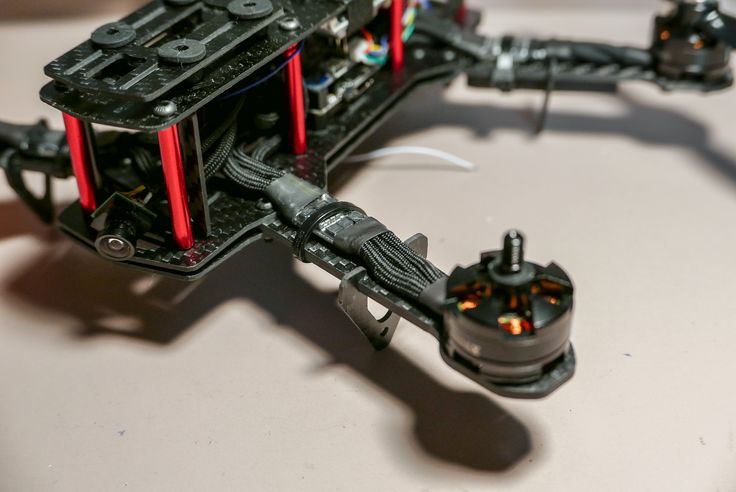This IPEX 20680-20P to Type c USB cable assembly uses an IPEX 20680-20P connector on one end and a USB Type-C connector on the other. The IPEX 20680-20P is typically used in high-speed, compact applications like embedded systems, where space is critical. The USB Type-C end would provide a modern, reversible connector with high data transfer rates.
For custom Type c USB cable assembly, here are the key factors you’d want to consider:
- Connector Pinouts: Make sure to review the pinout of the IPEX 20680-20P and USB Type-C to ensure proper signal routing. The IPEX connector might be used for a specific data or power line configuration, while USB Type-C has standard data lines (TX/RX), power lines (VBUS, GND), and even more advanced features like USB 3.1/3.2 or even USB PD (Power Delivery).
- Cable Type: Ensure that the cable you choose can handle the required data transfer speed (e.g., USB 3.0, 3.1, or 3.2) and power delivery (up to 100W). A standard USB Type-C cable may not be suitable for all applications, so check whether the cable is rated for your specific requirements.
- Shielding and Signal Integrity: If you’re dealing with high-speed data transmission, consider using a shielded cable to minimize signal interference.
- Length and Stripping: The length of the cable and how you strip the ends for each connector must be accurate for a reliable connection. For example, USB Type-C often has more specific requirements for wire lengths and wire gauge to maintain signal integrity.
- Power Delivery: Depending on the application, you may need to incorporate power delivery capabilities through the Type-C connector. This might involve using additional wires or a specific cable design to support higher current.




